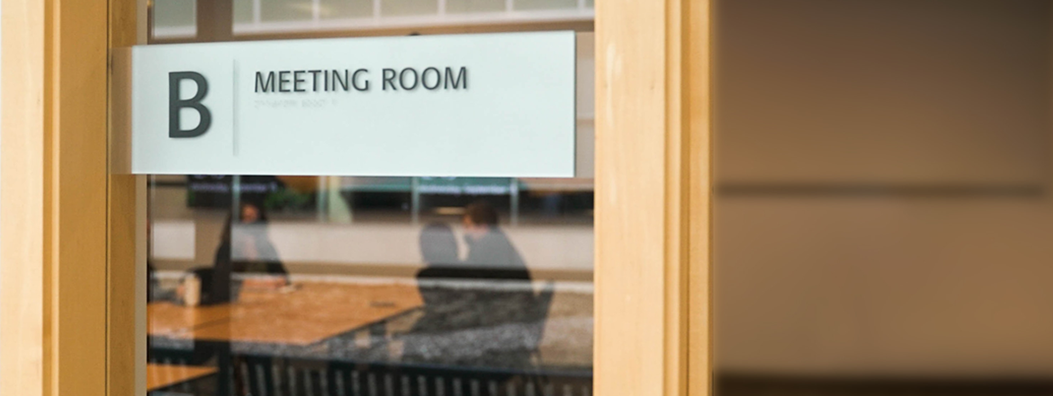
Today, you noticed an email request from your boss for your performance review. As you gather your things and your mind starts to race, you begin to worry about what your boss will say. Your mind jumps from showing up late to last week’s meeting to the few times your work didn't live up to the standards you've become known for. Beads of sweat start to form on your forehead as your nerves take over. As you reach for a glass of water, a notification appears on the lower right-hand side of your monitor. Your review is about to begin.
Last year, Faye Wai published a blog on Jostle called “Constructive feedback: best ways to give and receive it” where she defines constructive feedback as guidance that helps employees recognize their weaknesses and address them as they continue to grow in their roles. Constructive feedback allows us to identify areas that need work to improve our performance. Your boss begins by mentioning where you’re excelling, and the racing thoughts disappear. Inevitably, the conversation turns to opportunities for improvement. Your breathing gets erratic, and you start to feel something in your throat.

While you may put your best foot forward on every task, you will have areas that need work at some point. You might get defensive when you receive feedback because, depending on how it is delivered, it could be difficult to digest. Focusing on what you did well might be challenging if you can’t get past the areas that need improvement. When you find yourself in this situation, according to Julia Martins’ article on Asana titled “How to give (and take) constructive criticism,” there are six steps you can follow to be more receptive.
The next time your manager or a colleague offers you feedback, take a few deep breaths and listen. They are invested in your success and will coach you to avoid repeating the same mistakes. You may need to reevaluate how you prioritize your tasks, double-check your grammar, or contribute more to meetings. Whatever the issue, chances are your peers have insight that could improve your performance if you're willing to hear them out. While taking notes, you’ll likely recognize some of the things your boss said sounded like you and rang true.
We all sometimes struggle, which may last longer for some than it does for others. We must acknowledge that no one is perfect, and there is always room for improvement. Everyone makes mistakes, and while they may seem to hinder progress, they will do the opposite if you learn from them. Nothing happens overnight, whether you’re writing a novel, painting a picture, or studying algebraic expressions. It takes time to learn and understand what you need to know.
It can be challenging to realize you need to make changes, especially if you believe you are doing something well. Constructive feedback is a tool you can use to be better. However, to benefit from the advice and experience of others, you must be willing to listen. John P. Kotter, a Konosuke Matsushita Professor of Leadership, once said, “One of the most powerful forms of information is feedback on our own actions.”

As you look at your phone, you realize that while you're still not sure which one is right for you in the moment, one thing's for sure: you like the idea of being valued for the knowledge you bring. After all, as Francis Bacon once said, "Knowledge is power."

From Old Spice's "I'm a man on a horse" to Connor starring in the Georgetown Hospital Foundation video known as "Lottery girl," Connor discusses how unhinged ideas could become a major success for your brand.

Marketing case competitions will exceed your expectations and open doors you never knew you wanted to walk through. You can become a better marketer by taking a chance now. What are you waiting for?